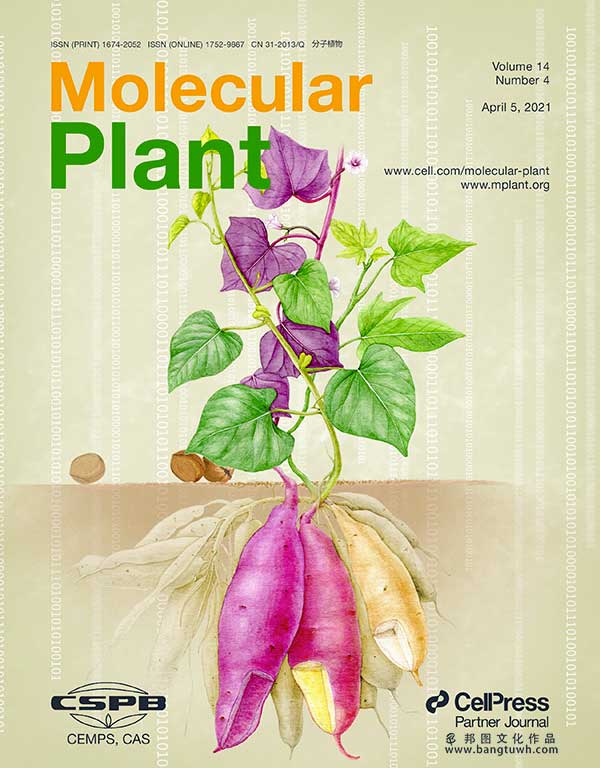科研绘图sci画图作图学术杂志封面设计toc示意图文章配图医学动画





many important crops (e.g., tuber, root, and tree crops) are cross-pollinating. for these crops, no inbred lines are available for genetic study and breeding because they are self-incompatible, clonally propagated, or have a long generation time, making the identification of agronomically important genes difficult, particularly in crops with a complex autopolyploid genome. in this study, we developed a method, outcrossseq, for mapping agronomically important loci in outcrossing crops based on whole-genome low-coverage resequencing of a large genetic population, and designed three computation algorithms in outcrossseq for different types of outcrossing populations. we applied outcrossseq to a tuberous root crop (sweet potato, autopolyploid), a tree crop (walnut tree, highly heterozygous diploid), and hybrid crops (double-cross populations) to generate high-density genotype maps for the outcrossing populations, which enable precise identification of genomic loci underlying important agronomic traits. candidate causative genes at these loci were detected based on functional clues. taken together, our results indicate that outcrossseq is a robust and powerful method for identifying agronomically important genes in heterozygous species, including polyploids, in a cost-efficient way. the outcrossseq software and its instruction manual are available for downloading at www.xhhuanglab.cn/tool/outcrossseq.html.



微信扫一扫,加设计师好友
17621261539
周一至周五8:30-18:00

提升“研值”

工作人员将在1个小时内联系您。


